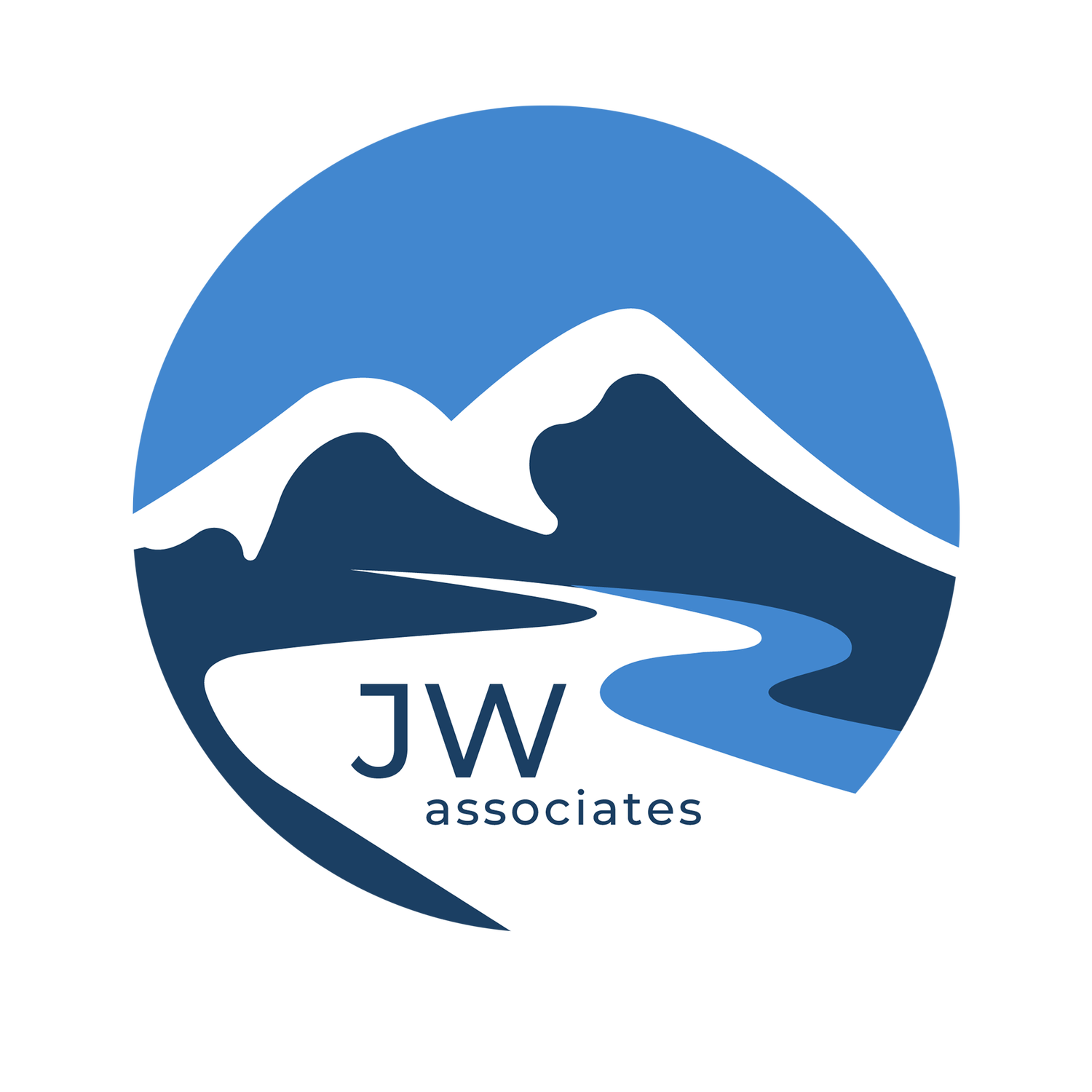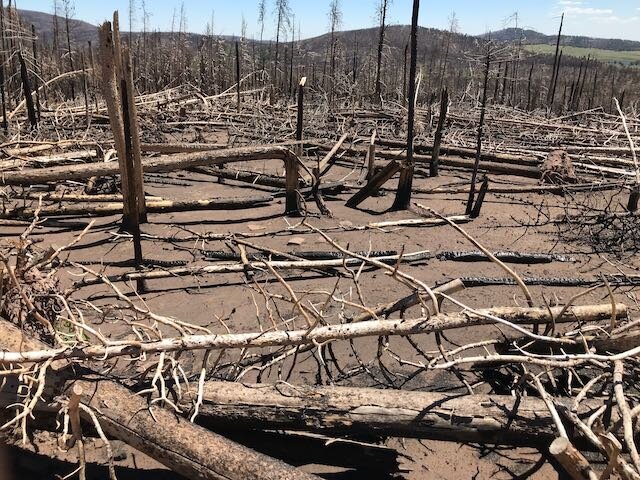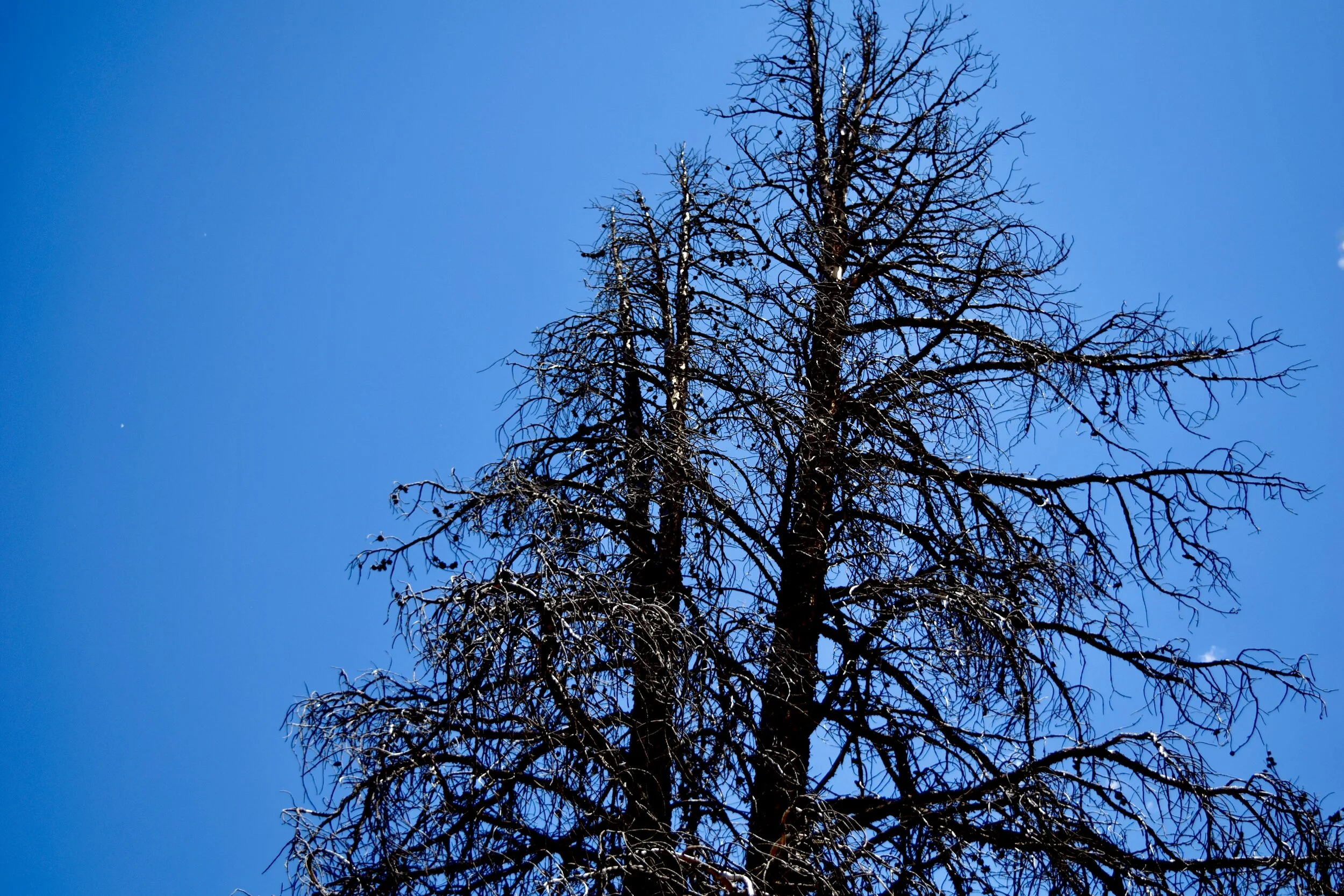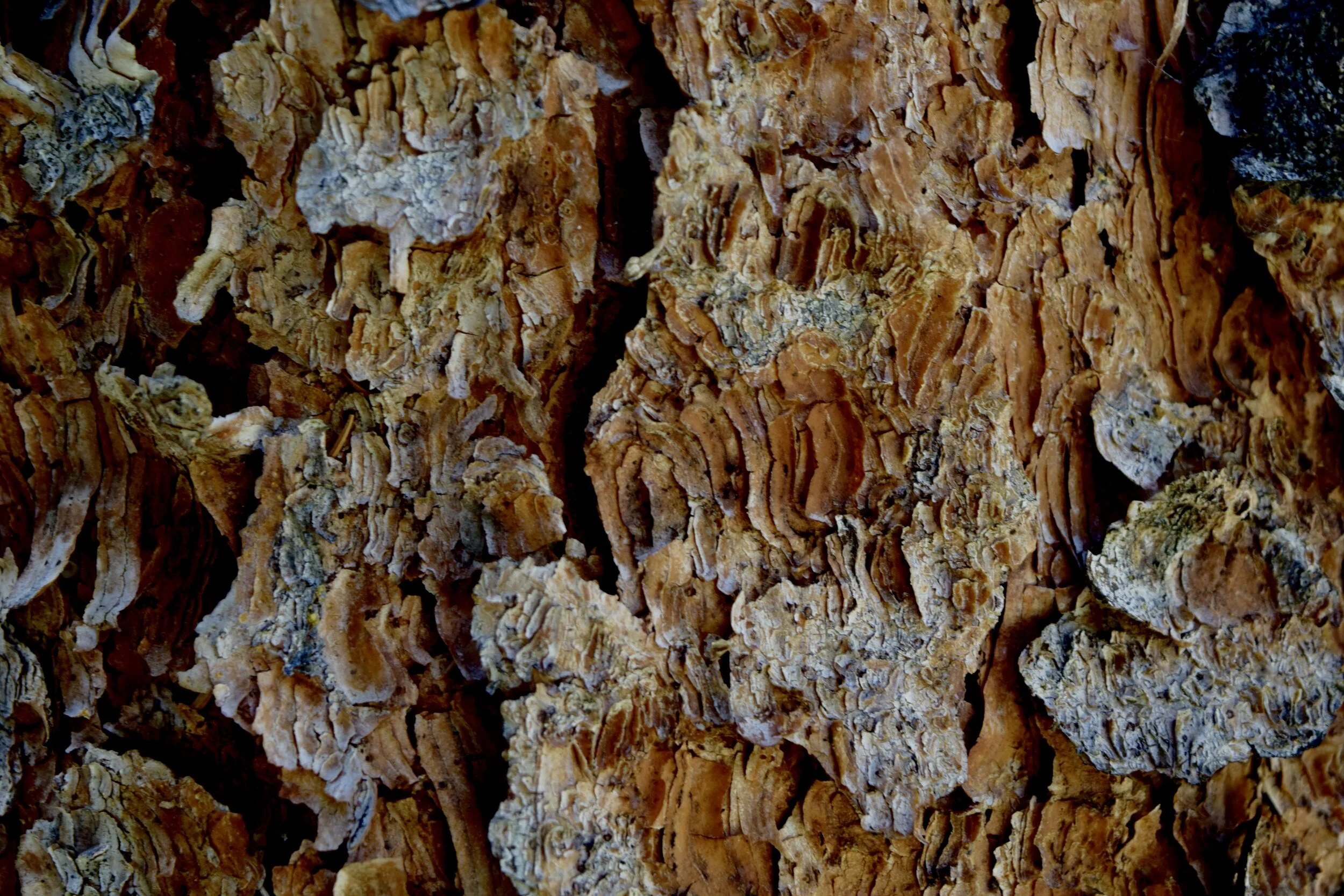
Wildfire Planning & Mitigation
Summary of Wildfire Planning & Mitigation Work
Wildfire planning & mitigation work is an integrated process, involving two areas of focus:
Pre- and Post-wildfire Planning & Mitigation
Watershed Wildfire Hazard Assessment
JW Associates tailors each project’s focus to include the appropriate aspects of one or both areas of work. See below for more details on these specialties.
When to start Planning
It is recommended that water supply agencies plan for wildfires in their watershed(s). Planning for future wildfires now is prudent because actions following wildfires are emergency actions and there is little time to determine the best actions. Wildfire hazard reduction or watershed protection actions are logically different before a wildfire than after one, although there are some common actions. JW Associates has completed a number of projects that have included planning pre- & post-fire actions as well as post-fire mitigation. Targeting post-fire actions to those areas where actions would be most effective as well as most protective of downstream resources is critical to post-fire mitigation success.
Objectives
Identification of pre- and post-wildfire actions that support the health of critical watersheds
Targeted plan for pre- or post-wildfire mitigation to protect downstream resources
A better understanding of the overall health of watersheds that have been impacted or could potentially be impacted by watersheds
Benefits
Current / Completed Projects
JW Associates has worked on pre- and post-wildfire planning and mitigation projects since 2011, in Colorado and across the Western US.
The most recent projects include Cameron Peak and East Troublesome Fires in Colorado
See a complete list of projects below.
Pre- and Post-Wildfire Planning & Mitigation
Watershed Wildfire Assessments
Objectives
Identify present or potential hazards due to wildfires
Prioritize 6th level watersheds
Recommend measures to protect critical watersheds for community water supplies
Develop and Opportunities and Constraints Analysis, addressing potential next steps for watershed protection
Gather key stakeholders together and communicate suggested processes and build collaborative understanding and support of the assessment process
Benefits
Identify applicable post-fire treatments for future use
Develop and implement climate change-driven management strategies
Protect watersheds that provide or convey critical community water supplies from adverse effects of post-wildfire hydrologic changes, including:
Flooding
Erosion
Debris flows
Deposition
Completed Assessments
JW Associates has completed more the 15 watershed/wildfire hazard assessments.
Each assessment follows the procedure prescribed by the Colorado Watershed Protect Data Refinement Work Group, titled “Protecting Critical Watersheds in Colorado from Wildfire: A Technical Approach to Watershed Assessment and Prioritization”. See Watershed Wildfire Protection Group below for more information.
Who We Work With
We have worked with various companies, including the following organizations:
State and Federal natural resource agencies
Non-profits
City and County agencies
Private companies
If you are interested in gaining more information about the health of your local watershed and the potential hazards it may face, please contact us.
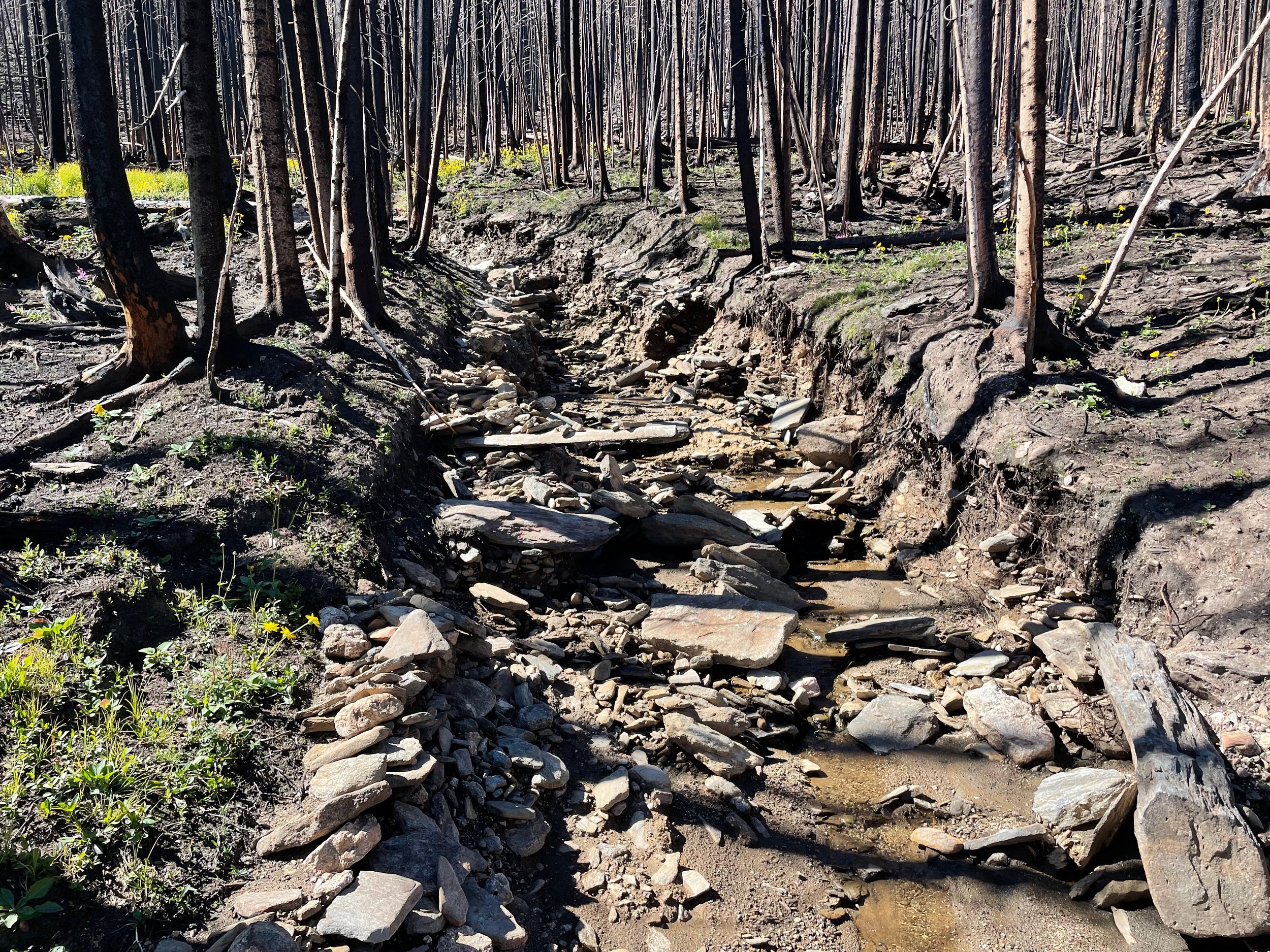
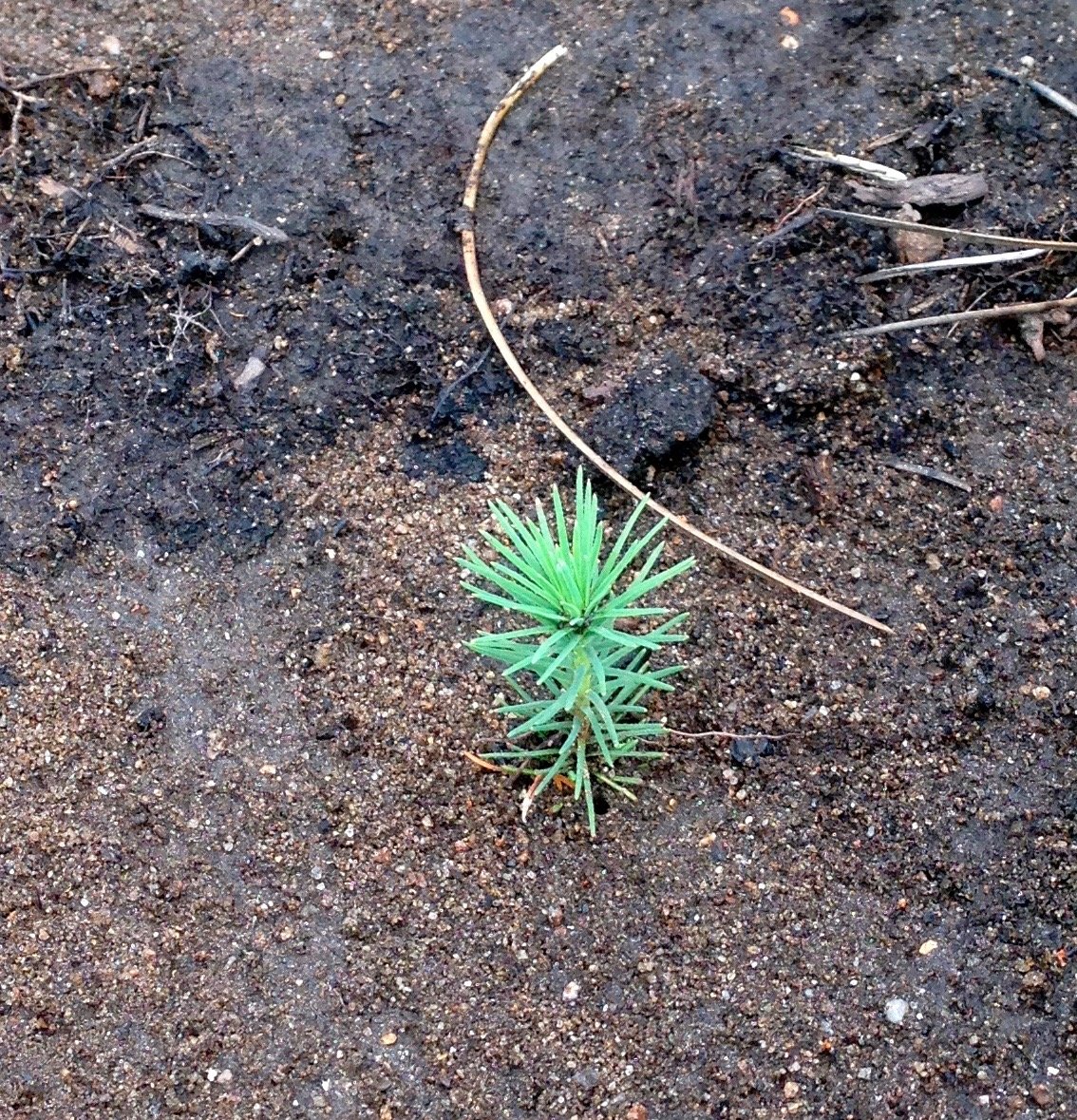
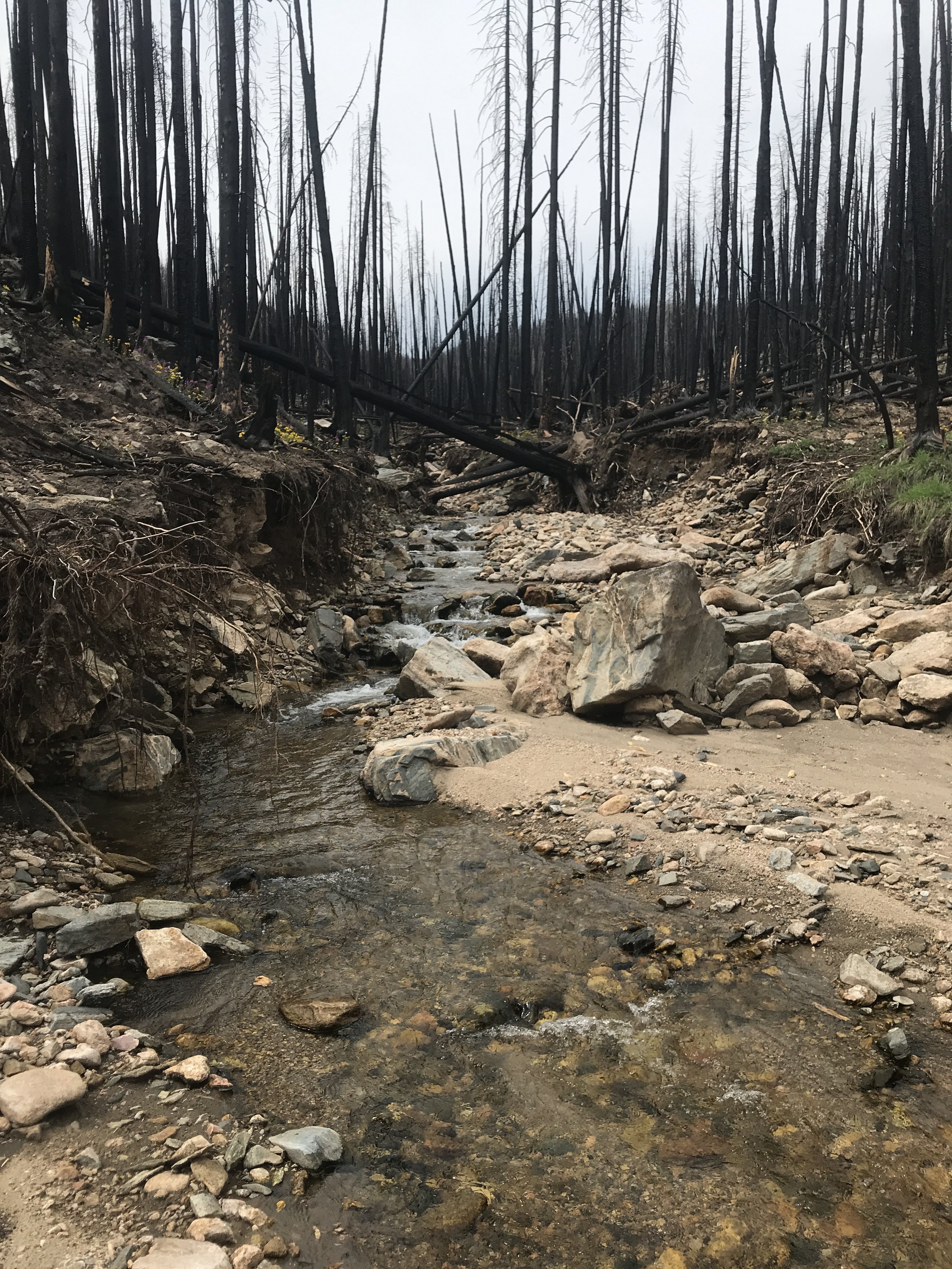
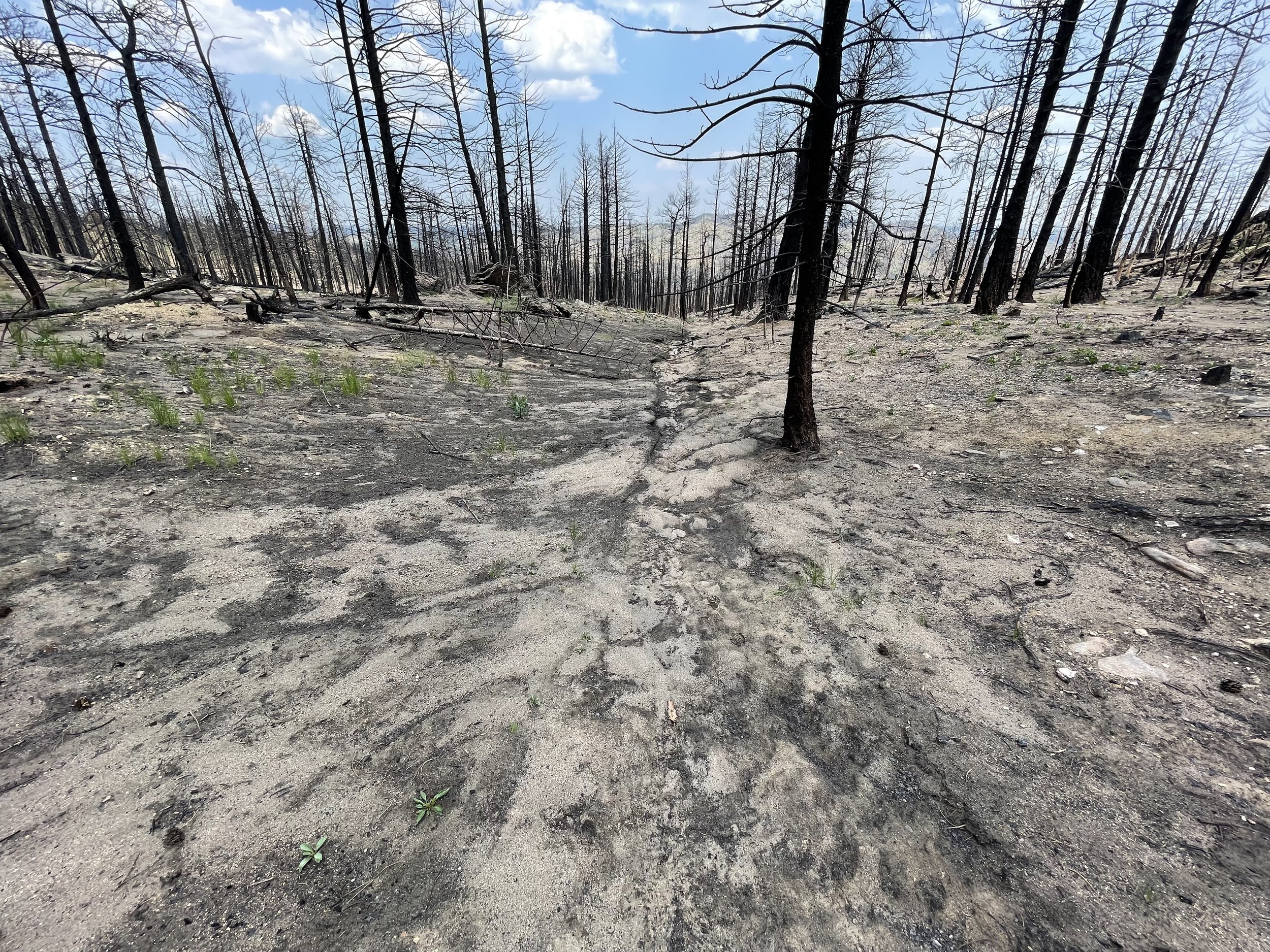
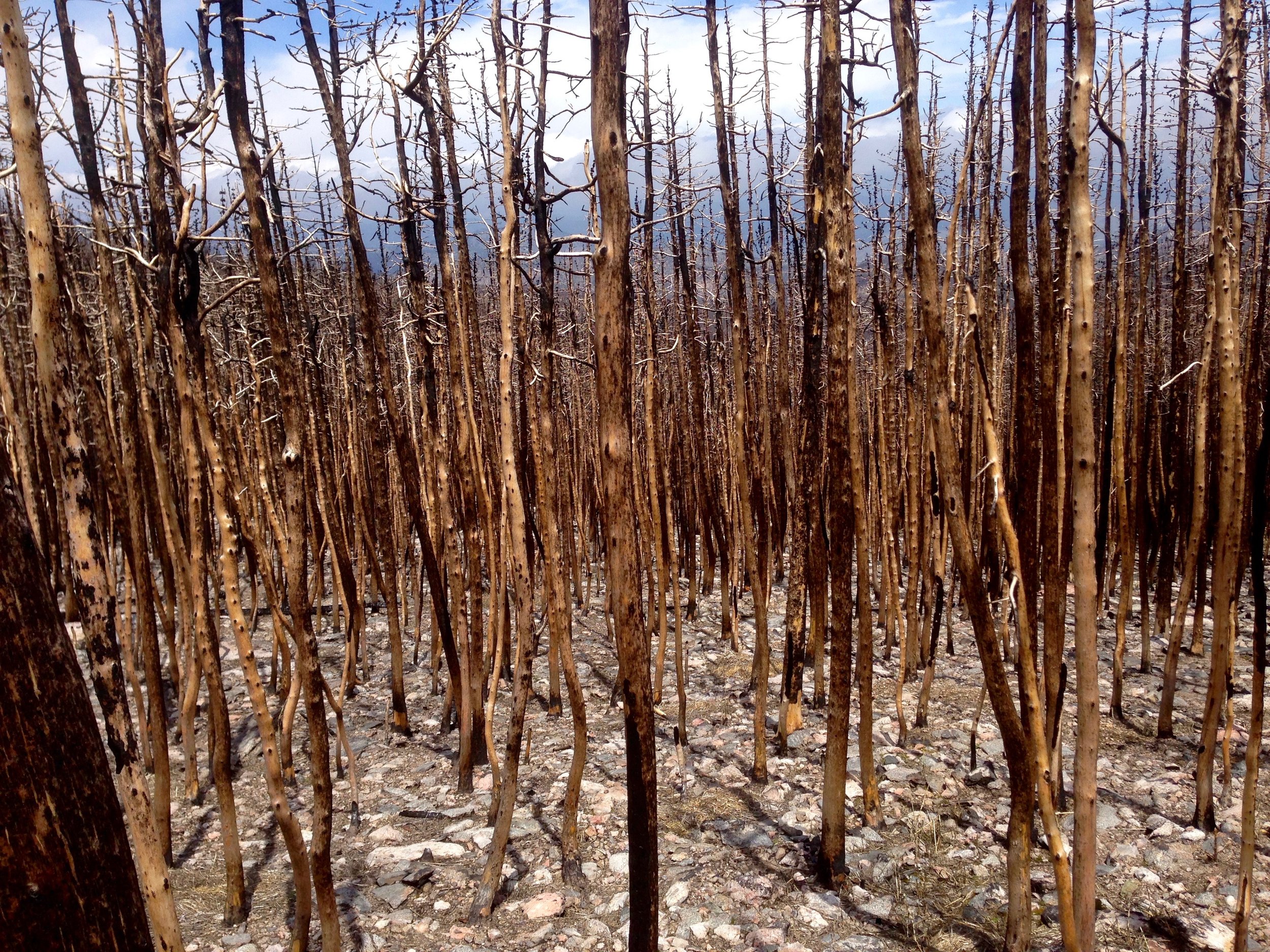
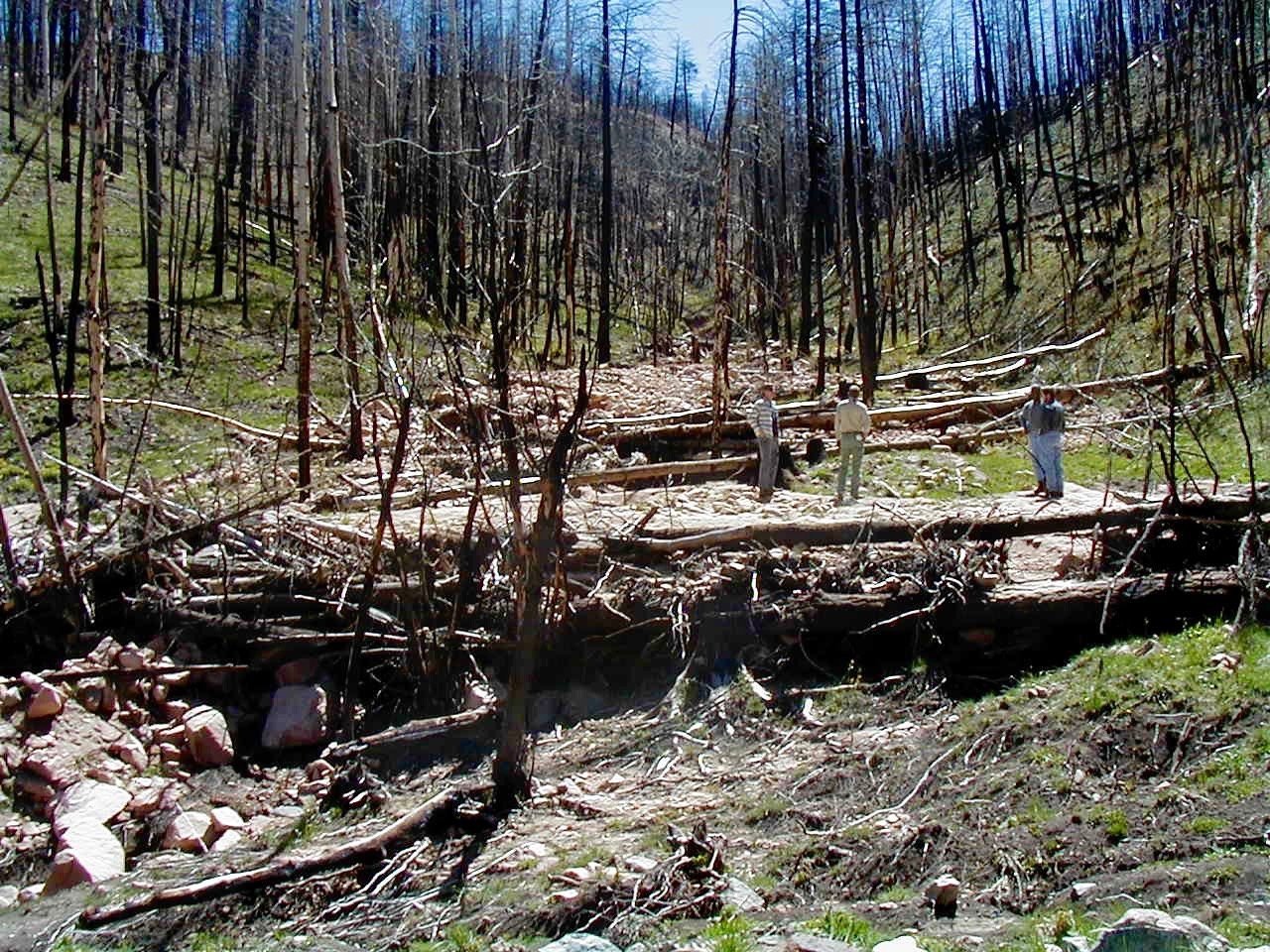
Tailored Planning and Mitigation Projects
-
Description text goes here
-
Description text goes here
-
Item description
-
Description text goes here
-
Item description
-
Item description
JW has developed a comprehensive process for pre-and post-wildfire planning and mitigation that takes into account the individual needs and situations of each project.
The process involves these main steps, but can be tailored to the fit the needs of individual projects.
Process of Assessments
-
.JW spearheads stakeholder meetings to begin the process of assessments.
-
Composite graphic goes here
-
JW Associates employs a thorough investigation process using modeling and GIS mapping to prioritize 6th or 7th level watersheds (depending on the project). The methodology for prioritizing watersheds is done through composite modeling of the following hazards:
Wildfire Compost Hazards
Wildfire/mortality hazards
Debris flow composite hazards
Road composite hazards
Soil erodibility/geology composite hazards
Climate Change Vulnerability Hazards
Ecosystem sensitivity
Adaptive capacity
-
In conclusion, JW presents management strategies and plans in a document, including maps of the hazards, general assessments, and strategies to prevent wildfire hazards from impacting critical watersheds.
Assessments can be done before or after a wildfire.
The ideal clients for this offering are stakeholders, organizations, or government agencies that manage water resources and natural resource health of watersheds.
Cameron Peak Post-fire Restoration Project
Upper Poudre Recovery & Resilience Plan
The goal of this post-fire project is to mitigate the negative consequences of the wildfire to high priority watershed values including water quality and supply, river ecosystem function and health, and to reduce flood impacts to downstream communities in both the Cache la Poudre and Big Thompson watersheds. In collaboration with various organizations, our work focused on identifying high-priority areas for the application of mulch in post-fire slope stabilization efforts, along with inspections of the mulched areas for short term and long-term effectiveness of mulching treatment.
Following the High Park Fire many different agencies and groups completed numerous mitigation projects aimed at minimizing the negative effects of the fire on different values. Due to different goals and objectives, as well as limits of funding, both in amount and restrictions, some additional post-fire restoration projects remained years after the fire. This project identified remaining post-fire restoration projects and prioritized them for funding and implementation.
High Park Fire Watershed Restoration & Protection
JW Associates worked with a coalition on targeting watershed protection and restoration projects in the High Park Fire burned area west of Fort Collins, Colorado. The Cache La Poudre watershed is a major water supply for the Cities of Greeley and Fort Collins. Our work on this project included creating a watershed targeting approach that focused the watershed restoration projects to the highest hazard areas.
Wildfire Planning & Mitigation Projects
Hewlett Gulch Fire Watershed & Seaman Reservoir Protection
The Hewlett Gulch Fire burned just west of Fort Collins, Colorado in the spring of 2012. Most of the area of high burn severity was within the immediate drainage area of the Milton Seaman Reservoir, which is owned and operated by the City of Greeley. The City of Greeley hired JW Associates to review the BAER, complete an analysis of the situation and provide recommendations on protection measures that would protect water supplies.
Bark Beetle Incident Project
Upper Cucharas River Watershed Pre-Fire Assessment & Treatment Identification
We have completed 15 Phase 1 Watershed Assessments for the USDA Forest Service's Bark Beetle Incident (BBI) team in the Rocky Mountain Region including the Medicine Bow/Routt, Arapahoe/Roosevelt and portions of the White River National Forests in Colorado and Wyoming.
JW Associates completed a comprehensive pre-wildfire assessment of the Upper Cucharas River Watershed and the identification of watershed protection projects. Our work included a Small-scale Watershed Hazard Prioritization and Targeting.
Watershed Wildfire Protection Group
The WWPG is a diverse group of watershed stakeholders including the major water providers in the Front Range, Federal and State land management agencies. JW Associates has implemented the WWPG watershed prioritization approach in 15 watersheds in Colorado and Wyoming.
